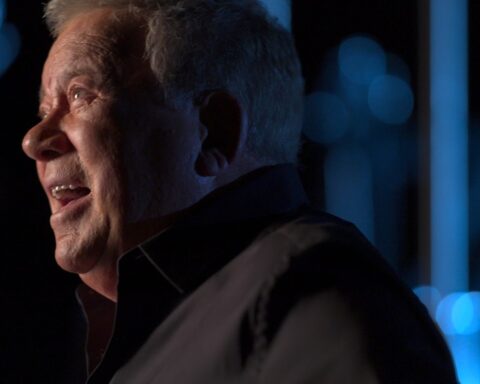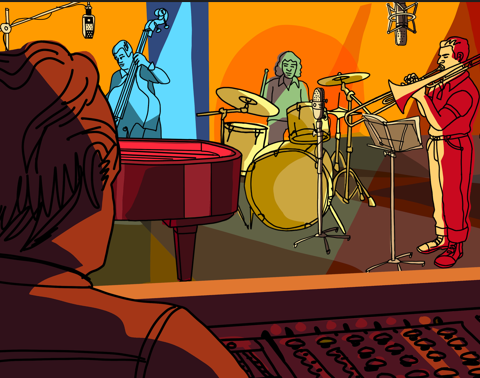Denise Ho: Becoming the Song
(USA, 83 min.)
Dir. Sue Williams
The voice of a dissident sings loud and clear in Denise Ho: Becoming the Song. This upbeat portrait of art and activism chronicles the career of Hong Kong Cantopop star Denise Ho. From being the first mainstream female pop star to come out publicly as gay in Hong Kong in 2012 when LGBTQ rights came under attack, to being blacklisted by the Chinese government for her participation in the Umbrella Movement protests, Ho puts her celebrity to use in order to fight an unjust regime. Her voice is one among many as Hongkongers continue to mobilise in the face of China’s increasingly Draconian policy limiting free speech and human rights in the region. Director Sue Williams admirably parallels Ho’s rise to fame with Hong Kong’s cultural awakening, portraying her as a heroic voice within the crowd.
Williams follows a generally straightforward trajectory of Ho’s life while weaving between her growth as an artist and activist. The film charts Ho’s journey from her birth in Hong Kong, then under British colonial rule in 1977, and her tight relationship with notions of homeland. Ho’s formative years come at the age of eleven when her family moves to Montreal. Ho sparkles as she recalls in an interview how her younger self thrived in the city’s openness and cultural vibrancy. When Williams cuts to one of the film’s extended musical numbers and presents Ho singing a poignant tribute to Montreal, the star becomes overcome with emotion, conveying the personal toll of straddling two worlds. In her native Hong Kong, she is persona non grata, but Canada welcomes her warmly, illustrating the rights and freedoms one can never take for granted.
Denise Ho: Becoming the Song loosely structures its portrait of Ho thematically in connection to her songs. Rather than translate the lyrics through conventional subtitles, Williams’ uses Ho’s hand-written poetry flow lyrically across the screen. While some viewers might find the effect cheesy, others might appreciate the intimate signature that connects the personal and the political. Ample concert footage illustrates how Ho’s Cantopop songs reflect her Canadian upbringing as East meets West in Cantonese rock ‘n’ roll infused pop tunes. Williams recounts how Ho returned to Hong Kong at the age of 19 and began her career by winning a singing competition, yet struggled in her early years when record labels simply didn’t know what to do with her. Less of an overnight sensation as singers become stars nowadays, Ho’s rise to fame was quiet and gradual, much like Hong Kong’s own awakening. Ho’s concert win preceded the handover of Hong Kong from Britain to China by a mere year, and each step in the singer’s career reflects China’s encroaching grip on Hong Kong.
Other segments note the influence of Anita Mui on Ho’s work. The Lady Gaga to Mui’s Madonna, Ho touchingly reflects upon the legacy of her late idol, revisiting old songs and concert videos that speak to Mui’s impact on her when she was an ingénue. The film sees a passing of the torch when Mui passed in 2003, just as Ho hit her stride professionally.
However, the bulk of the film deals with Ho facing the blacklist at the height of her fame. The film provides immersive and immediate footage from the thick of the 2014 Umbrella Movement protests. The footage captures the protestors’ ingenuity while mobilising to defend themselves against the police. Their actions further illustrate the gross human rights violations rippling throughout the peaceful demonstrations. Ho joins the masses on the ground, using her voice and celebrity only to advance the cause when necessary, and ultimately paying the price for speaking so openly and publicly while being one of the few protestors whom authorities could easily identify.
As the situation in Hong Kong continues to escalate, the film asks what hope audiences can find in combatting such a dangerous regime. Ho’s courageous plight offers a stirring reminder that singular voices add up to a powerful chorus. It lets Ho’s voice soar while inspiring others to join the fight.
Denise Ho: Becoming the Song opens virtually at Hot Docs Ted Rogers Cinema on July 24.










